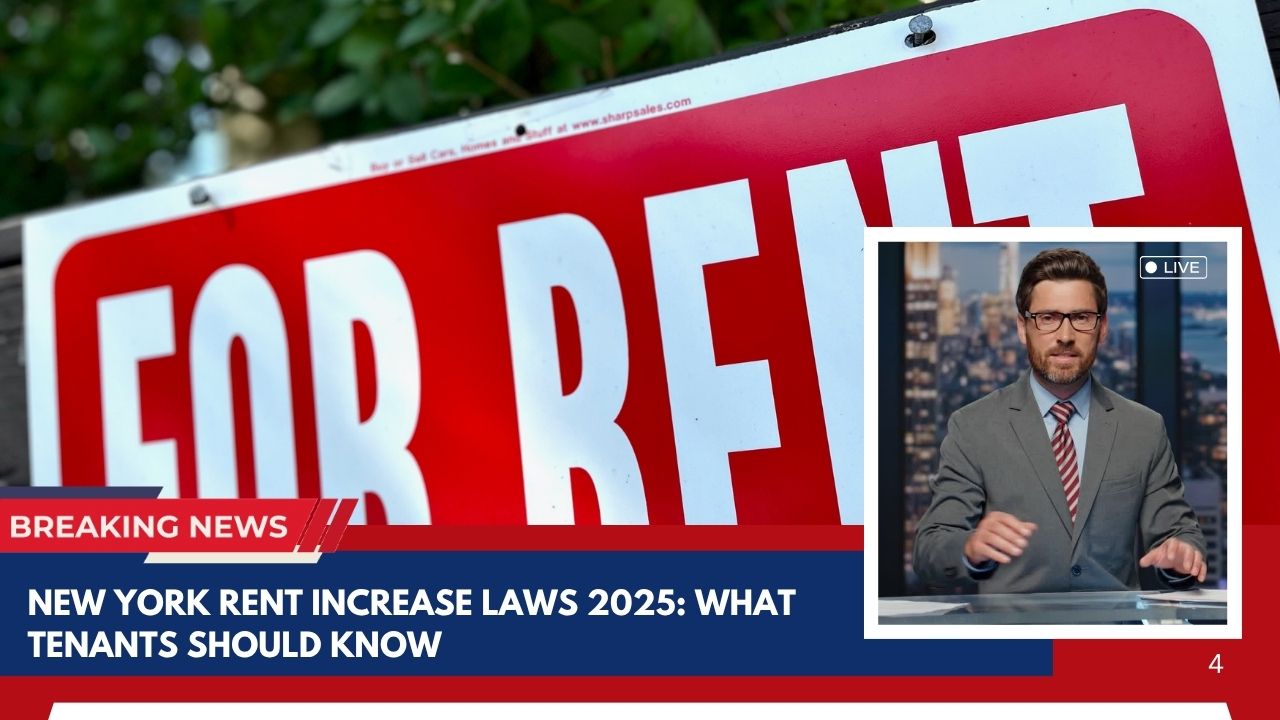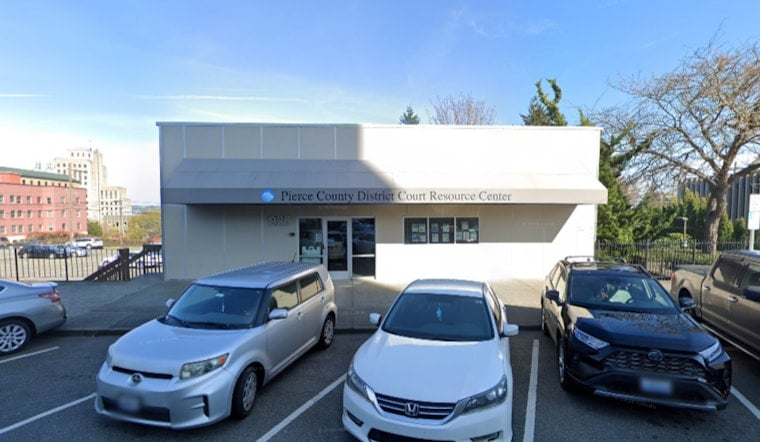As Michigan’s population ages, more and more residents over age 50 are seeking support from government programs to enhance their well-being, maintain independence, and ease the cost of daily living. This comprehensive guide offers an in-depth look at Michigan’s free and subsidized government programs for seniors, packed with city-specific resources, facts, statistics, and practical advice.
The Changing Demographics of Michigan Seniors
Michigan is home to nearly 2.2 million residents aged 60 and above, accounting for about 22% of the state’s total population. According to projections, the number of Michiganders aged 85 and older is expected to increase by over 100% by 2030, reflecting both increased longevity and improved healthcare access. The largest concentrations of older adults are found in key cities like Detroit, Grand Rapids, Lansing, Flint, and Ann Arbor, but rural regions such as the Upper Peninsula are seeing the fastest percentage growth.
Key Stats:
-
Ann Arbor and Washtenaw County: Home to over 56,000 residents aged 60+, many affiliated with the University of Michigan’s retiree programs.
-
Detroit: More than 13% of the population is 65 or older, with the city offering numerous targeted support options.
-
Grand Rapids and Kent County: Close to 20% of the population is age 60 or above, benefiting from robust local supports.
Core Government Programs for Michigan Seniors
Healthcare Coverage Programs
A. Medicare and Medicaid Assistance
-
Medicare: Federal health insurance for those 65+ and some with disabilities. In Michigan, seniors receive free, unbiased counseling via the Michigan Medicare/Medicaid Assistance Program (MMAP), with over 600 counselors statewide.
-
Medicaid: Provides free or low-cost medical care for low-income seniors, covering doctor visits, hospital care, and more. Individual seniors with less than $2,000 in assets and couples with less than $3,000 may be eligible.
-
MI Health Link: A special managed care program blending Medicare and Medicaid services into a single, streamlined plan. Available in select counties, it covers medical, dental, vision, mental health, long-term care, home support, and more, with no copayments or deductibles.
B. Program of All-Inclusive Care for the Elderly (PACE)
For those over 55 who meet Medicaid’s long-term care criteria, PACE provides complete health services, social programs, and home care in major cities including Detroit, Lansing, and Flint.
Prescription and Medical Aid
-
MiRx Card: Michigan’s free prescription discount program, open to residents without adequate coverage. Offers around 20% off prescriptions at thousands of participating pharmacies.
-
Senior Pharmaceutical Assistance Programs: Most counties offer additional programs for medication discounts or emergency coverage.
Home and Community Support
-
Home Help Program: Seniors eligible for Medicaid who require assistance with basic daily activities can receive personal care, housekeeping, meal prep, and even have family members compensated for caregiving.
-
MI Choice Waiver: For those no longer able to live alone safely, this program helps cover the costs of assisted living or foster care homes.
Housing and Utility Assistance
-
Michigan State Housing Development Authority (MSHDA): Offers rent vouchers and affordable housing to low-income seniors, especially in Grand Rapids, Taylor, Lansing, and the Upper Peninsula.
-
Housing Bureau for Seniors: Based in Ann Arbor, helps people 55+ maintain or find stable housing, providing eviction prevention, budget counseling, and emergency support.
-
Samaritas & Non-Profit Affordable Living Centers: Operate HUD-subsidized senior apartments across Michigan, including Detroit, Grand Rapids, and Marquette.
Utility and Home Repair Aid
-
Home Heating Credit: Annual state assistance to help pay winter heating bills, available to many over age 65.
-
Weatherization Assistance Program: Makes energy-saving upgrades for income-qualified households.
Food and Nutrition Benefits
-
Senior Project FRESH / Market FRESH: Offers seasonal coupon booklets (typically $25 per year) for use at local farmers markets—over 19,000 seniors participate each year.
-
Meals on Wheels: Delivers home-cooked meals to more than 50,000 Michigan seniors, with extensive networks in cities like Detroit, Saginaw, Kalamazoo, and Traverse City.
-
Supplemental Nutrition Assistance Program (SNAP): Funds groceries for low-income seniors, often with expedited processing.
Transportation Services
Many county agencies operate shuttle vans, medical appointment rides, and discounted paratransit options. For example, Detroit, Grand Rapids, and Lansing all offer city-subsidized transportation for those over 60.
Tax Relief Options
-
Homestead Property Tax Credit: Refunds seniors if property taxes exceed certain income percentages—credits up to $1,200 are possible, claimable up to four years after the due date.
-
Tax Deferments & Exemptions: Seniors in hardship or on fixed income may delay or reduce local property taxes.
City-by-City Senior Services Landscape
Detroit
Detroit’s Department of Senior Services runs resource centers across the city, including housing aid, food distribution, and support groups. Non-profits such as Samaritas and Meals on Wheels Detroit are vital partners.
Grand Rapids
The Area Agency on Aging of Western Michigan coordinates home and community-based services, including the MI Choice Waiver, PACE enrollment, and nutrition programs at over a dozen neighborhood sites.
Lansing
The “39’ers” program at the Delta Township Enrichment Center on Elizabeth Road welcomes all individuals 50+, offering recreation, health screenings, and daily social events without residency restrictions.
Ann Arbor
Ann Arbor’s Housing Bureau for Seniors and the U-M Turner Senior Resource Center provide education, housing support, and health services. Special city grants help pay for home repairs and accessibility modifications.
Traverse City, Marquette & Rural Areas
Smaller cities and rural counties, especially in the Upper Peninsula, face unique access challenges but benefit from mobile clinics, Project FRESH coupons, and robust Meals on Wheels programs. Marquette’s growing retiree community also supports regional transportation and wellness programs.
Local Agencies, Non-Profits, and How to Apply
Area Agencies on Aging (AAA)
Michigan is divided into 16 regional AAAs, each serving major cities and rural counties. They are primary portals for government benefits, offering:
-
Information and counseling
-
Application assistance for Medicaid, MI Choice, PACE, and more
-
Legal, volunteer, and adult day services
Other key organizations include:
-
AgeWays: Southeast Michigan support, including Monroe, Oakland, St. Clair, Macomb, Livingston, and Washtenaw counties.
-
Samaritas: Affordable, HUD-subsidized apartments across cities such as Grand Rapids, Kalamazoo, and Saginaw.
Application Process
Most programs require proof of age (like a driver’s license or birth certificate), income, and residency. For Medicaid and MAHP, applications can be made via the MI Bridges web portal, by phone, or in person at a Michigan Department of Health and Human Services office.
Recent Developments and Future Trends
-
Technology: Telehealth and virtual senior centers are expanding, particularly in Ann Arbor, Lansing, and Detroit.
-
Age-Friendly Communities: Grant programs by AARP and the state drive new “age-in-place” housing, walkable communities, and enhanced transit in cities like Traverse City and Grand Rapids.
-
Rural Expansion: Efforts to bring more mobile medical and nutrition services to Upper Peninsula and rural counties.
-
Mental Health Focus: Growth in free counseling, memory loss support groups, and chronic disease self-management classes.
Navigating Eligibility and Application
Eligibility Guidelines
-
Age: Most senior programs begin at 60 or 65, but some—including the 39’ers, Housing Bureau for Seniors, and some transportation programs—start as early as age 50.
-
Income: Many supports are available for low- or moderate-income households, defined by federal poverty lines (for example, SNAP may have higher income limits for seniors).
-
Disability: Significant extra help for those with disabilities or who need assistance with activities of daily living.
Tips for Applying
-
Gather documents: Proof of age, income, assets, and residence.
-
Use local resources: Visit or call your regional AAA, city senior center, or housing bureau.
-
Don’t hesitate to ask: Many programs offer application assistance and guidance.
Conclusion: Thriving in Michigan After 50
Michigan stands out as a leader in supporting its older residents with free and deeply subsidized government programs spanning healthcare, housing, nutrition, transportation, and more. From the bustling streets of Detroit and Grand Rapids to the tranquil towns of the Upper Peninsula, seniors over age 50 can access a wealth of free government resources. The system can be complex, but city and county agencies stand ready to help every step of the way.
Whether you’re seeking affordable medications, safe housing, home-delivered meals, or simply a more vibrant social life, Michigan has a solution—and a neighborly hand—to offer. And with thousands of professionals and volunteers working to make the state more age-friendly, Michiganders of all backgrounds can look forward to healthy, engaged, and fulfilling golden years.
















Leave a Reply